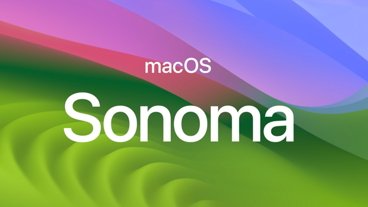Apple, Psystar strike deal to avoid trial in Open Computer tussle
Both seeking to avoid the hassles of a full-fledged trial, Apple and unofficial Mac producer Psystar have entered the Alternative Dispute Resolution process to keep their costs to a minimum and the results of their conflict out of the public eye.
The filing, submitted earlier in October to a US District of Northern California court, pushes both of the involved companies to hold their necessary mediation sessions by the end of January next year. Neither is bound to reach a settlement by a specific date, however.
Why the two computer builders have mutually agreed to the alternate method isn't known, though Psystar is much smaller than Apple and so can less readily afford to sustain a drawn out court battle over the operating systems installed on its Open Computers.
Journalist Tom Krazit suggests that Apple's incentive to accept Alternative Dispute Resolution is to avoid public discussion of the affair — a frequent preference for the Mac maker, which rarely ever comments on lawsuits.
And for Apple, the stakes are higher than for the lawsuits it contends with on a regular basis. In attempting to force Apple's hand, Psystar's countersuit accuses Cupertino, Calif.-based Apple of violating antitrust laws and would potentially press Apple to license Mac OS X to third parties. It would also set a legal precedent for other lawsuits charging Apple with tying customers to products regardless of the quality of the hardware or software.
Whatever the outcome, neither of the involved companies can maintain absolute secrecy on the results of the mediation. While Apple won't necessarily be forced to license Mac OS X to all comers, and a restriction on Psystar may not be absolute, it will still be clear which party ultimately gained an advantage over the other.
"If Apple loses the case, and Psystar is allowed to continue selling Mac OS-based Open Computers, it won't really matter if the outcome is kept private, since the availability of Open Computers will tell the tale," Krazit explains. "[But] if Psystar is forced to stop selling Open Computers with Mac OS, we'll likewise notice that."
 Katie Marsal
Katie Marsal










 William Gallagher
William Gallagher
 Andrew Orr
Andrew Orr
 Sponsored Content
Sponsored Content
 Malcolm Owen
Malcolm Owen



 Mike Wuerthele
Mike Wuerthele







